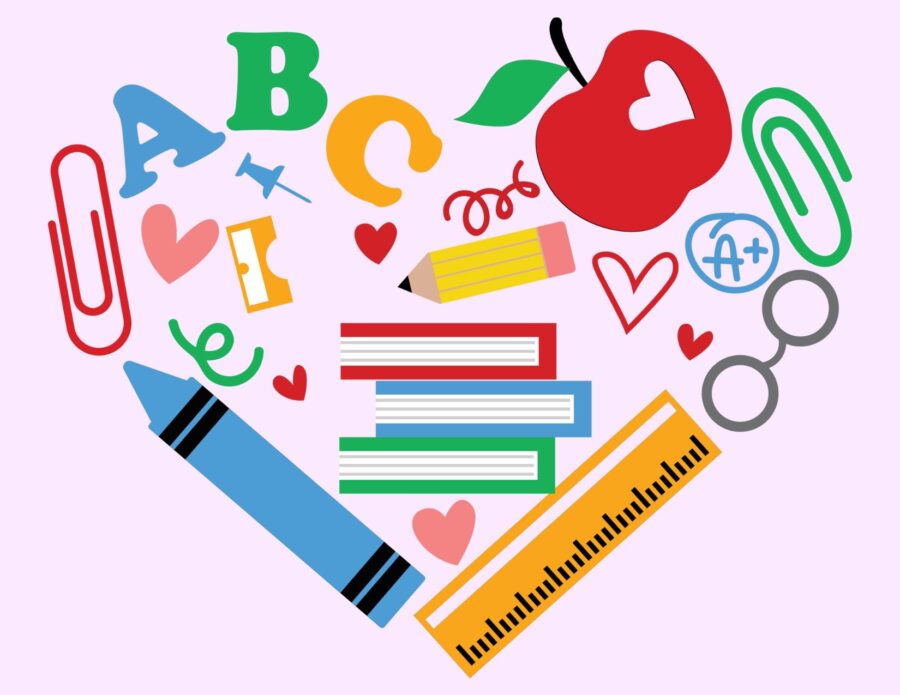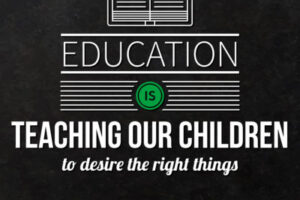Starting as a special education teacher can be overwhelming, challenging, and rewarding… all at the same time. And, if you are the only first year teacher at your school, isolated as well. Being a Special Education teacher is hard work, emotionally exhausting, and physically draining. So, how can you avoid first year burn-out? How do you survive? Here are some practical tips and tricks to help you thrive in your first year:
- Understand The Individualized Education Programs (IEPs)
Know your IEPs, which are the foundation of your work. Understand the goals, accommodations, and modifications for each student. Collaborate with general education teachers, parents, and specialists to set achievable goals for your students.
- Build Relationships
With your students, take time to understand their strengths, challenges, and communication styles. With parents and caregivers, maintain open lines of communication from the beginning and regularly update them on their child’s progress. And finally, with colleagues: general education teachers, paraprofessionals, and administrators are important allies. Work together to support your students.
- Stay Organized
Develop a system for tracking progress by using binders, folders, or digital tools to track IEP goals, behavior data, and communication with families. Create a daily routine. Consistency helps both you and your students stay on track. Document everything. Keep thorough records of student progress, behavior, and communication for IEP meetings and legal purposes.
- Classroom Management
Set clear expectations by creating simple, clear rules that students can understand. Use visual supports. Many students with disabilities benefit from visual schedules, timers, and social stories. Create a positive reinforced classroom environment by celebrating successes, no matter how small, to encourage positive behavior.
- Adapt and Differentiate Instruction
Know your students’ learning styles and adapt your teaching to meet their needs. Whether they are visual, auditory, or kinesthetic learners, provide a variety of ways (tactile, interactive, hands on, etc.) to present learning material so that all students benefit and learn. Break down tasks and chunk assignments into smaller, more manageable pieces to avoid overwhelming your students.
- Self-Care and Managing Stress
Set boundaries. It’s easy to overextend yourself, but make sure to take breaks and prioritize your well-being. Connect with a more experienced teacher who can offer advice and guidance. Special education can be demanding, but focus on the progress your students make, no matter how incremental.
- Professional Development
Stay current on best practices. Continue learning about new strategies, technologies, and interventions for special education. Attend workshops or trainings. Many schools offer opportunities for professional development that will help you grow.
- Be Flexible
Adjust as needed. Special education is full of surprises, so flexibility is key. Be ready to change your approach based on what works best for your students.
- Collaborate with Paraprofessionals
Teamwork! Communicate clearly and ensure they understand their role in supporting students’ IEP goals. Work closely to provide consistency for the students, whether in behavior support or academics.
- Be Realistic
You can’t do everything… and that’s okay! Be realistic about creating and building your dream classroom, creating systems and procedures, etc. Everything takes time, so allow yourself that! You will also make mistakes… and that’s okay too! The key is to learn from them. College doesn’t prepare you for everything, so give yourself grace.
Starting out can feel overwhelming, but with time, you’ll build confidence and find strategies that work for you and your students. Good Luck!



